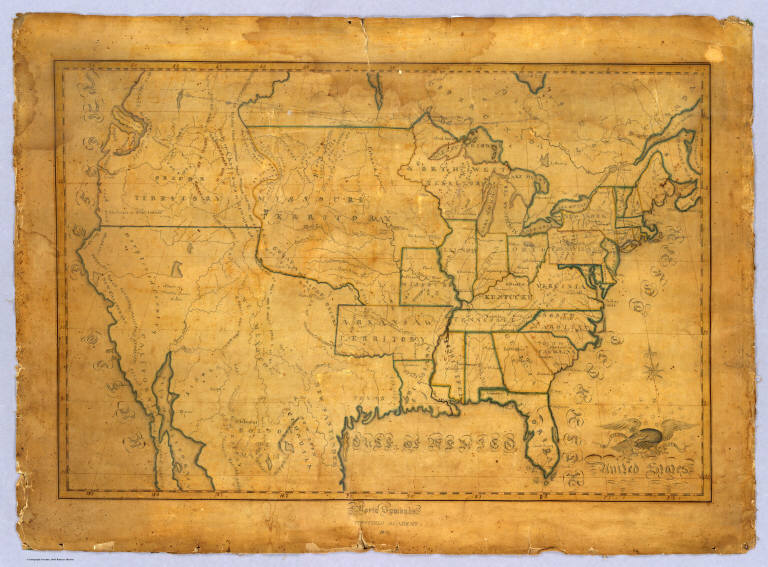Blood and Thunder, by Hampton Sides
As I spend an unusual amount of time flying over the scenery east of the Mississippi, I have always been fascinated and drawn to this land. So barren, so vast and unyielding to man's expansion. At home I have an 1846 map of the United State's west hanging on the wall. There are parts of the map that might well just be labeled: There be dragons.
I found this book, a history of US expansion (the harvest of Manifest Destiny) westward to the Pacific to be a great read. The vastness of scope of the topic is narrowed by focusing on the life of Kit Carson. I won't go the exploits of his life as it would take several pages, but suffice it to say, that this simple, illiterate man seemed to be on scene during many of the critical events of the westward expansion.
Blood and Thunder refers to the dime novel type literature that emerged during the time, of which Mr. Carson was a frequent protagonist. The author does a good job of dispelling some of the hero worship so common for its time. Most appreciably, he does a good job of providing a nuanced view of many of the characters and events of this time. Take John Chivington, hero of the Battle of Glorieta Pass. A man who pretty much shut down the Confederate campaign in New Mexico with a bold action that destroyed their supplies. The same man who would be responsible for the slaughter of a weakened tribe of Cheyenne at Sand Creek, Colorado. 53 men and 110 women and children were killed during this "military" engagement of a people waving white flags.
Even the hero, Kit Carson is not above reproach. While overwhelmingly held in high regard by US generals, presidents and adoring fans on the eastern seaboard as well as many Native American tribesmen for his even and fair nature, he still followed orders to pursue the scorched earth policy that drove the Navajo to starvation and capitulation. The author provides a fairly simplistic rationale for his defense, but his actions in this case are indefensible to history.
Nor is this a simple, Dances with Wolves, narration of the evil white man's conquest of the Native Americans. Vivid detail is given to unprovoked attacks by young, ambitious braves who would rape, torture and kill throughout the region. The initial outreaches and contact with the Navajo were seemingly made in good faith, but quickly fell apart. Blame is to be shared with both parties. Wonderful is the contrast between Barboncito and Manuelito, two leaders of the Navajo. Manuelito, the unflinching, unbending proud man who fought bitterly against the US, a man who would rather see his people starve than yield to the invaders. Compare that then with Barboncito who surrendered to the US forces, lead the Navajo on their "long walk" from their ancestral homes, attempted to adopt the agrarian lifestyle and saw it's failure and finally, successfully pleaded before General Sherman to have his people restored to their homeland. In the long run, it was the older, soft spoken Barboncito who did more for his people than Manuelito with his fire and force.
The author has a fluid style and paints vivid portraits and landscapes. I recommend this book for anyone who has starred out of a window during a long transcontinental flight and wondered who on earth would live in such an arid and unforgiving place.

No comments:
Post a Comment